NATO steeply downgrades Russia from ‘strategic partner’ to ‘most direct threat’
NATO has officially declared Russia the “most significant and direct threat” to the security of its members, marking a radical strategic shift spurred by the Russian military offensive against Ukraine.
In a document that defines the alliance’s strategic outlook for the next decade, titled Strategic Concept 2022, NATO said Russia’s military offensive against Ukraine “has shattered peace and gravely altered our security environment.”
“The Russian Federation is the most significant and direct threat to Allies’ security and to peace and stability in the Euro-Atlantic area,” the 30-member NATO said in the text.
Russia “uses conventional, cyber and hybrid means against us and our partners. Its coercive military posture, rhetoric and proven willingness to use force to pursue its political goals undermine the rules-based international order,” read the document, which was released on Wednesday, the second day of a NATO summit held in Madrid, Spain.
The military bloc also said members had decided to increase their military presence in Europe in response to Russia’s offensive against Ukraine, even though Moscow has repeatedly cited the Western military alliance’s eastward expansion as a security concern.
The last such document, published in 2010, had described Russia as a “strategic partner.”
Separately, NATO Secretary-General Jens Stoltenberg called the Russian offensive “the greatest security crisis in Europe since the Second World War.”
Since the onset of Russia’s “special military operation” in Ukraine on February 24, the United States and its European allies have unleashed a flood of advanced weapons into the ex-Soviet country to help its military fend off Russian forces and imposed waves of unprecedented sanctions against Moscow.
Russia has said that the Western flood of weapons into Ukraine and the sanctions would prolong the ongoing war.
Earlier, Turkey had been objecting to Finland and Sweden’s accession, saying the pair were sheltering members of the Kurdistan Workers Party (PKK), a group deemed terrorist by Ankara. However, on Tuesday and after intense talks by the top leaders of Sweden, Finland, and Turkey, Ankara dropped its objection.
According to Stoltenberg, Finland and Sweden have agreed to a “further amending their domestic legislation” to give Turkey the anti-terror reassurances it has sought, and would be “cracking down on PKK activities” and “entering into an agreement with Turkey on extradition.”
“The reality is that we also have been preparing for this since 2014 because that’s the reason why we have increased our presence in the eastern part of the alliance, why NATO allies have started to invest more in defense,” he said.
Earlier on Wednesday, US President Joe Biden said that NATO was more relevant today “than it ever has been,” and that the alliance would be “strengthened in all directions across every domain — land, air and sea.”
D-8’s role in Iran’s economy after Cairo summit
China slams US as ‘war-addicted’ threat to global security
China ‘firmly opposes’ US military aid to Taiwan
VIDEO | Press TV's News Headlines
President Yoon Suk Yeol to be removed from office
At least 19 Gazans killed by Israeli airstrikes since dawn: Medics
Leader: Iran neither has nor needs proxy forces
US fighter aircraft shot down ‘in friendly fire’ amid aggression on Yemen


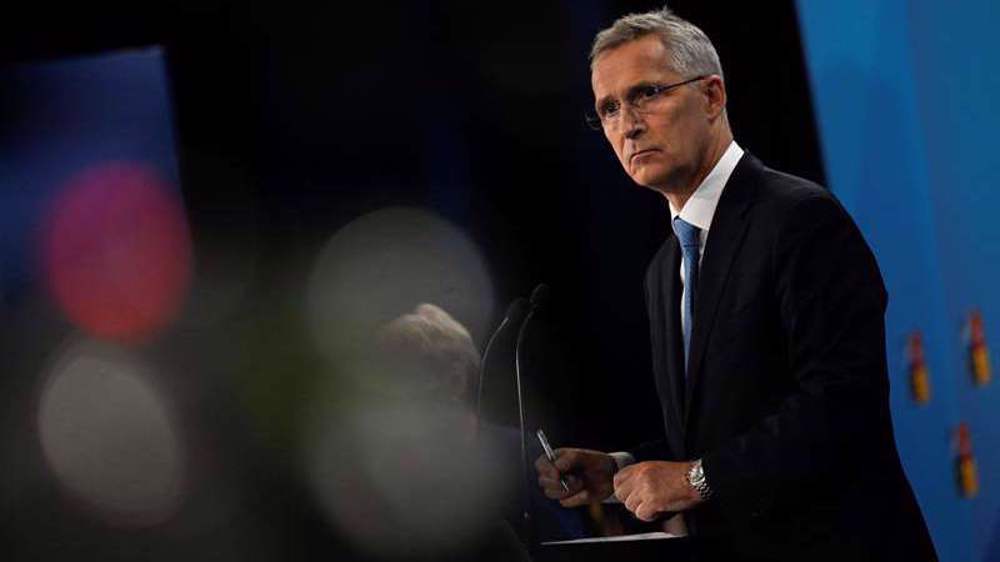
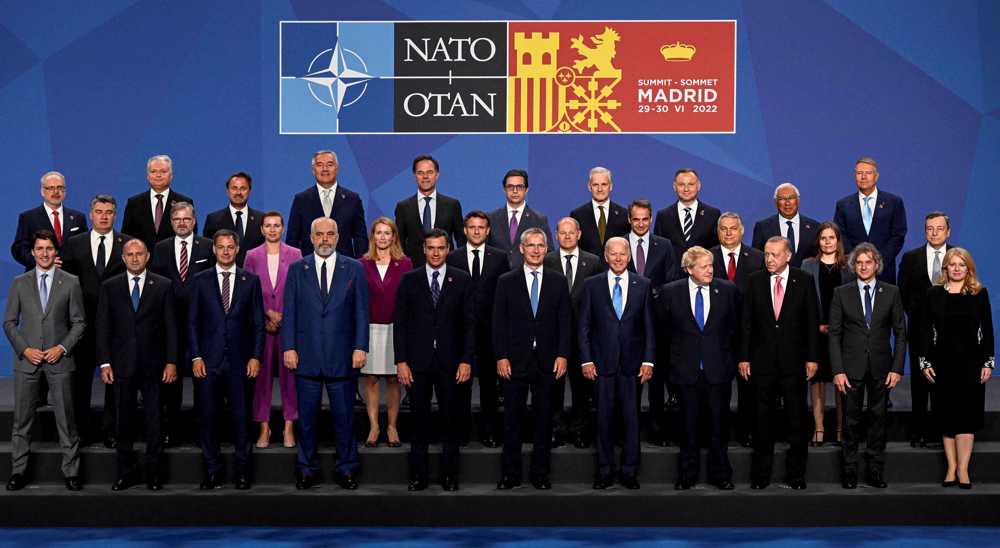
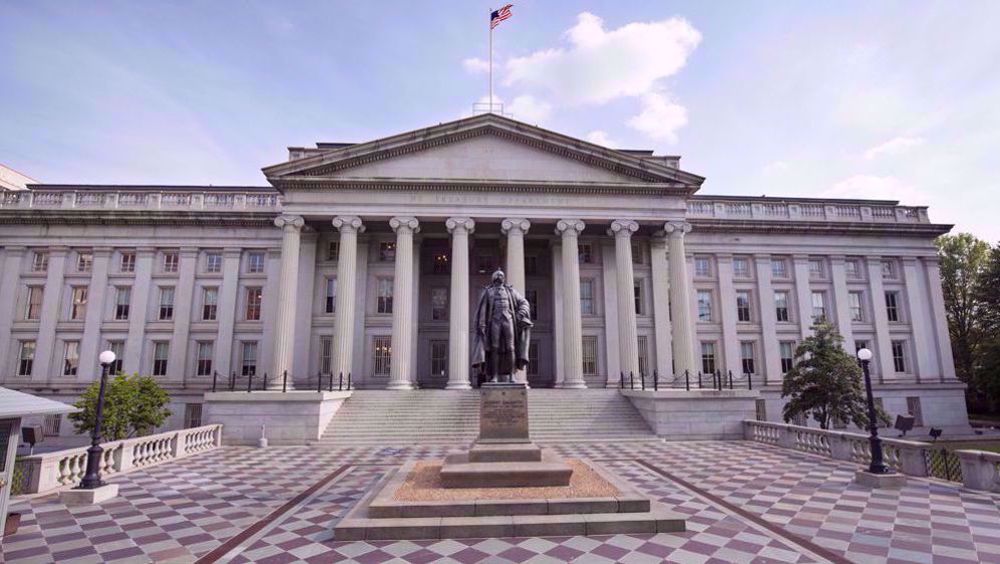
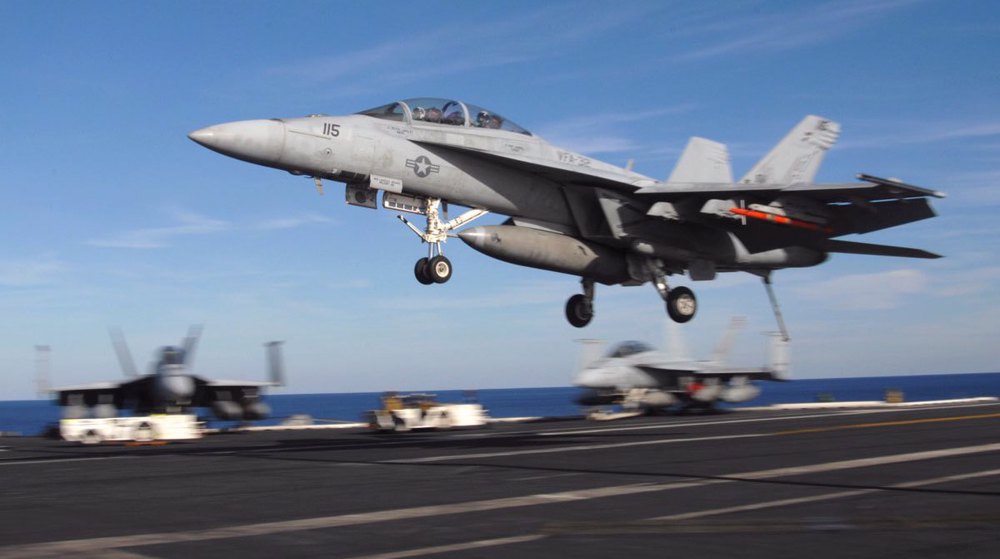

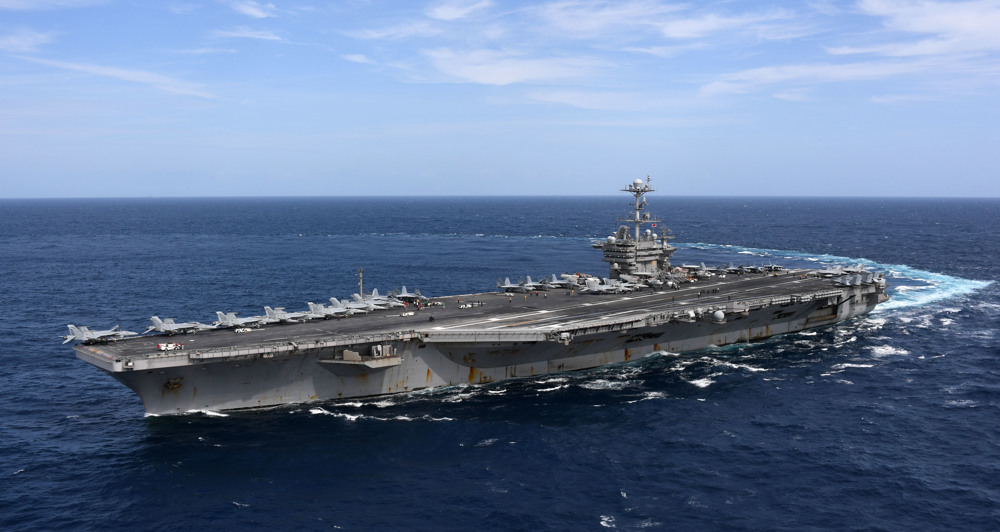




 This makes it easy to access the Press TV website
This makes it easy to access the Press TV website